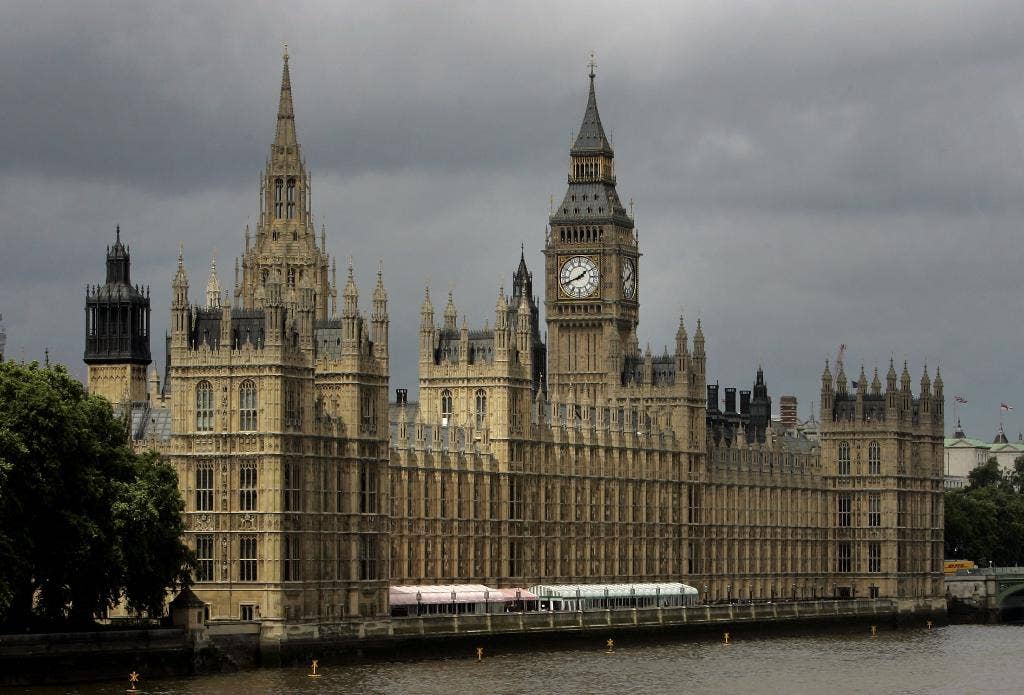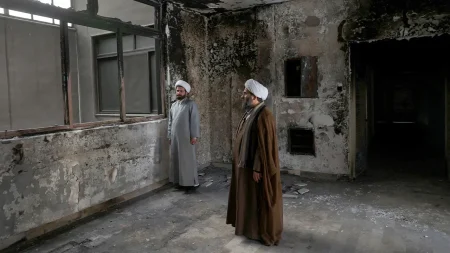The United Kingdom is grappling with the enduring fallout of a widespread child sexual exploitation scandal involving grooming gangs, primarily composed of men of South Asian or Pakistani heritage. This issue, spanning decades and impacting numerous towns and cities across northern England, has recently resurfaced, prompting renewed calls for a national inquiry. The sheer scale and brutality of the abuse are staggering, with thousands of children, some as young as 11, subjected to horrific acts of sexual violence, including rape, trafficking, abduction, and intimidation.
The historical context of these crimes reveals a systemic failure on the part of authorities. Reports from independent inquiries in Rotherham and Telford, as well as broader Home Office studies, highlighted not only the ethnic backgrounds of the perpetrators but also the alarming inaction and suppression of evidence by local police and authorities. Fears of appearing racist and concerns about potential community unrest were cited as reasons for downplaying the issue and failing to protect vulnerable children. This institutional failure allowed the abuse to continue unchecked for years, betraying the trust placed in those responsible for safeguarding children.
The renewed focus on the grooming gang scandal stems from ongoing local efforts to hold authorities accountable for past failures. In Oldham, for instance, a 2022 report acknowledged that while there was no official cover-up, local agencies undeniably failed the victims. However, the refusal of the Home Office to initiate a national inquiry, suggesting instead that local investigations suffice, has ignited further controversy and accusations of a continued lack of seriousness in addressing the issue. This reluctance has been interpreted by some as a prioritization of political sensitivities over the pursuit of justice for the victims.
Elon Musk, CEO of SpaceX, has injected himself into the debate, forcefully advocating for a national inquiry and labeling the scandal “the worst mass crime against the people of Britain ever.” His vocal support, amplified by his substantial social media presence, has brought international attention to the issue, further pressuring the British government. Musk has even suggested that King Charles III should intervene, implying governmental complicity in the cover-up given Prime Minister Keir Starmer’s previous role as head of the Crown Prosecution Service during the period when many of these crimes occurred.
Musk’s intervention has received mixed reactions. While some applaud his advocacy for the victims, others criticize his characterization of the scandal and his apparent lack of detailed understanding of the complex issues involved. Government officials have responded by reaffirming their commitment to tackling child sexual exploitation but maintaining that locally-led inquiries are more appropriate. They have also expressed a willingness to collaborate with Musk, acknowledging his social media influence and potential to contribute to solutions. This exchange highlights the delicate balance between leveraging public pressure for accountability and ensuring responsible discourse that avoids further stigmatization or misrepresentation of the complexities of the issue.
The ongoing debate surrounding the UK grooming gang scandal underscores a painful reckoning with institutional failures and societal biases. The calls for a national inquiry reflect a deep-seated desire for comprehensive accountability, acknowledgement of the scale of the abuse, and a commitment to preventing similar tragedies in the future. Whether Musk’s intervention proves to be a catalyst for meaningful change or merely adds another layer of controversy remains to be seen. However, the renewed public focus on this issue signifies a critical moment for the UK to confront its past, support the victims, and implement effective strategies to protect children from sexual exploitation.















